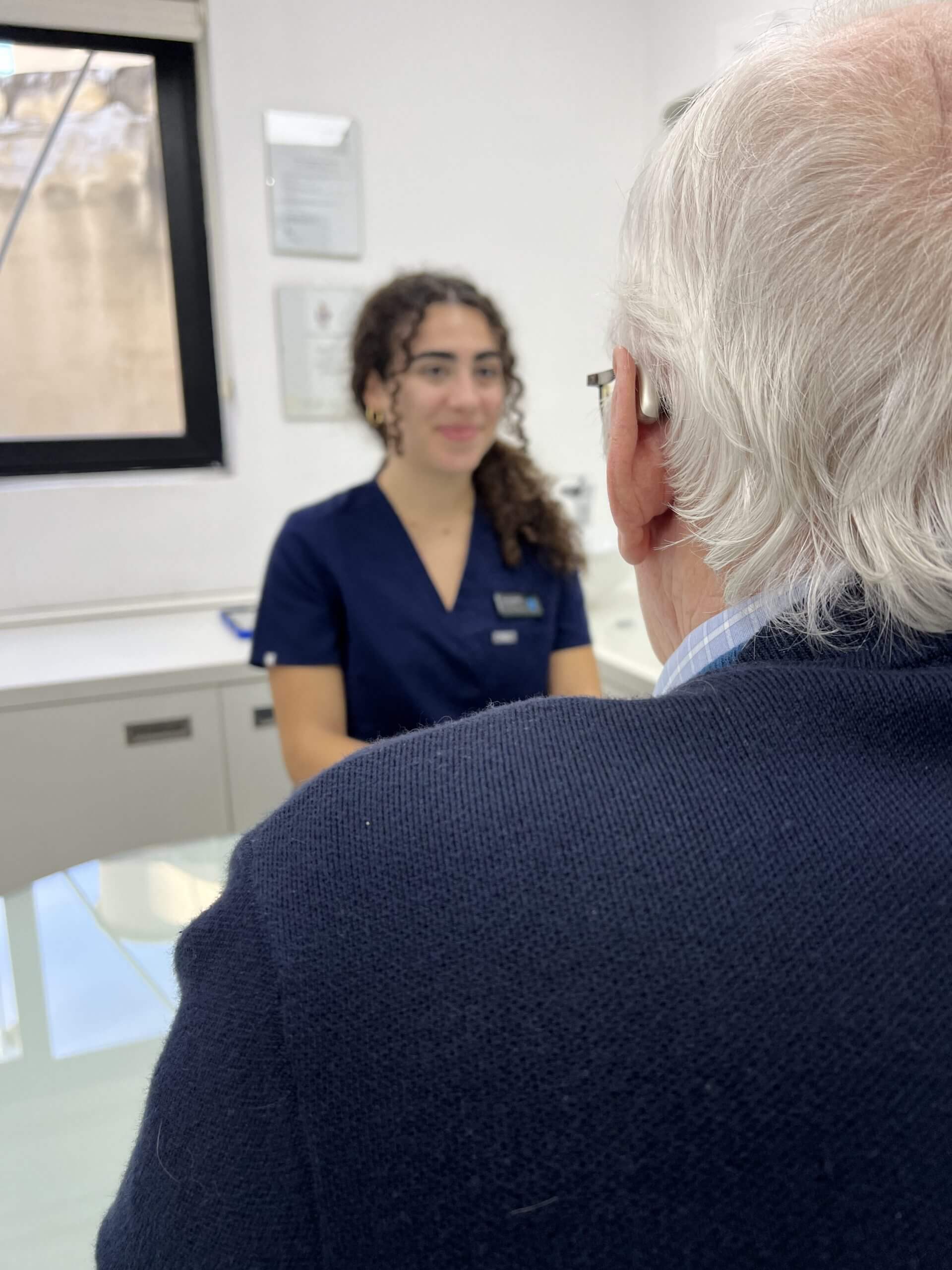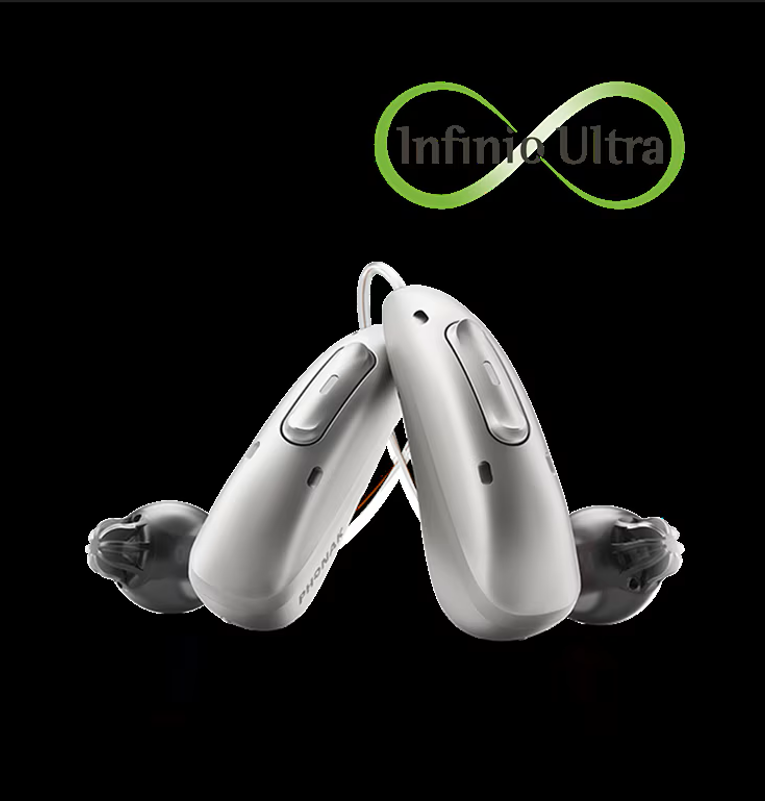
How to address your hearing loss
On average, it takes a person around 10 years to finally accept a hearing loss. That is not to say
Having clogged or blocked ears is not a nice feeling. Often sounds will become muffled just as they do when you get water in your ears or when a plane takes off. However, if the feeling continues, it’s probably not just a bit of water stuck in your ear. You also need to establish if the clogged feeling you are experiencing is painful or not.
Painful ears
If you are experiencing pain alongside the clogged feeling in your ears, then you most likely have an ear infection. These are very common and can be caused by any number of different reasons. Sinus infections, excess mucus, allergies or even smoking can be the reason behind your infection.
Generally speaking, these infections will only last a week or two. If the infection is deeper in your ear, it may last longer. Mild ear infections will clear up by themselves but you can take painkillers to manage any pain. If the pain and the clogged feeling don’t ease after two weeks, it’s probably best that you go and visit your GP to rule out anything more serious.
Clogged ears with no pain
There’s a high chance you may be suffering with excess wax if you have clogged ears but aren’t experiencing pain as well. Generally speaking, earwax is good for you. It protects your ears from dirt and bacteria and ensures things can’t get through to potentially harm the eardrum.
Sometimes, if there is too much earwax, it could cause symptoms of an infection, tinnitus, vertigo or even a cough. This excess wax will most probably also affect your hearing.
Unfortunately, in some cases, if the wax is not removed, it could cause a hearing loss at some point in the future.
Why do ears become clogged?
Everyone will produce different amounts of earwax for different reasons, therefore everyone has their own version of “normal” earwax. A regular swimmer may produce more earwax, for example. If you are an individual that does produce a lot of earwax, you are, therefore, more likely to experience a blockage.
Hearing aids or earplugs sometimes prevent earwax from falling out of the ear and so could also be the cause of a blockage.
Our advice would be that if you do produce a lot of earwax, or you are a hearing aid user, it is best to get your ears checked regularly. Your Hearing Healthcare Professional will be able to tell you if you need earwax removal.
Earwax Removal
Most people find it tempting to try and rid themselves of excess earwax at home. People often use cotton buds or towels to try and clear their ears, however this will often make things worse. We would always advise never to attempt to remove earwax yourself and seek the advice of a hearing healthcare professional. They can complete an earwax removal procedure, such as microsuction.
If you believe you would benefit from an earwax removal appointment, don’t hesitate to get in touch!
[html_block id=”3745″]

On average, it takes a person around 10 years to finally accept a hearing loss. That is not to say

Living with a hearing loss does not just have to be a part of getting older. It can be treated

At the very end of 2024, Phonak released their brand new Infinio hearing aid technology. At the end of 2025,